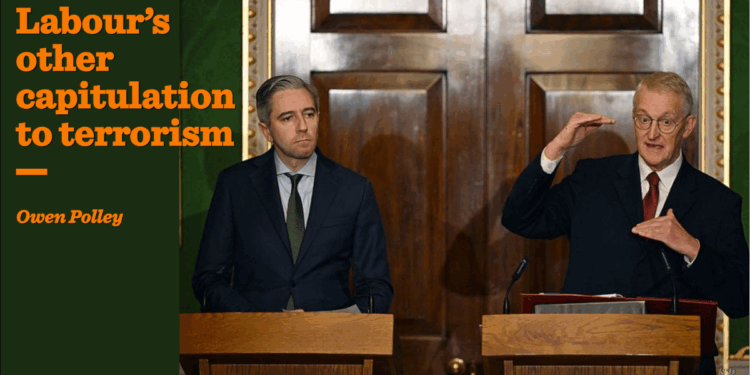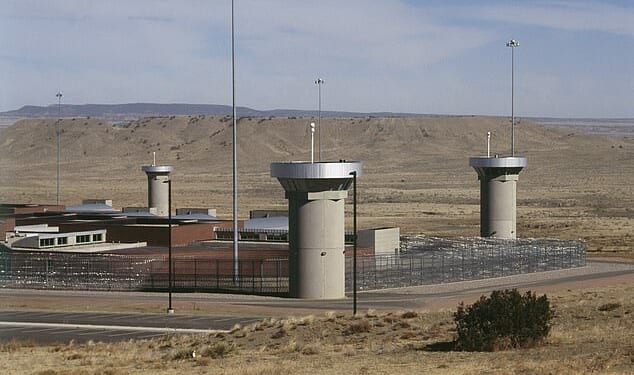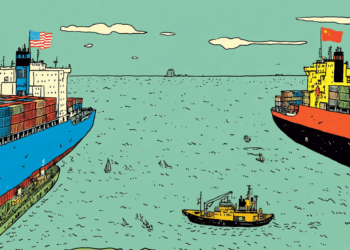Last Sunday, the government embarrassed decent Brits, by recognising Palestine and delivering a propaganda victory for Hamas. It is debatable whether this decision was aimed mainly at managing divisions in the Labour party, or whether Sir Keir Starmer was simply reverting to his left-wing, human-rights lawyer instincts. This self-inflicted national humiliation, though, happened just two days after his administration presided over another capitulation to terrorism and its apologists. On Friday, the Northern Ireland secretary, Hilary Benn, announced that Labour had agreed a “joint framework” for dealing with the legacy of the Troubles, with the Dublin government.
In 2024, the Republic of Ireland launched an inter-state case at the European Court of Human Rights at Strasbourg, challenging the legality of the Conservatives’ Legacy Act, which became law two years ago. That legislation tried to address the lack of balance in Troubles prosecutions and investigations into Northern Ireland’s past. The “peace process” in the province had effectively granted immunity to Irish republican terrorists, through royal pardons, so-called “letters of comfort” for on-the-runs and inaction from the police, who were, in any case, hampered by a lack of information about paramilitary crimes. In contrast — urged on by republican campaigners — inquests, inquiries and civil cases concentrated on the small, but well documented, number of deaths and injuries caused by the security forces in Ulster. The Tories’ act tried to prevent many of these actions, which often resulted in perverse decisions like the Coroner’s Court’s verdict on an SAS operation in Clonoe. The process of dealing with the legacy of the troubles would, in the future, focus more on “information recovery”, to provide closure for victims.
Under this plan, expensive inquests and vindictive anti-state civil actions are back
Rather than support this attempt to restore fairness, or adapt the Tory laws to address some legitimate criticisms, Starmer backed down in the face of the Irish legal challenge. He permitted the Republic to effectively co-design a new legacy process and vet proposed Westminster legislation. It would be difficult to over-emphasise how offensive and insensitive it was to allow the Irish to dictate Britain’s policy on Troubles-related offences, particularly when genuine victims were no more likely to see justice for their loved ones. The Conservative government often reacted weakly to provocations from Dublin, but the legacy case at least drew an angry response from its ministers, who accused their counterparts of hostility and hypocrisy.
The Republic’s authorities, they pointed out, had consistently failed to examine their own state’s role in arming the IRA and providing a safe-haven for terrorists. In fact, as far back as 2014, the former Irish justice minister, Michael McDowell, recognised that his government had implemented a de facto amnesty for paramilitaries. The Republic’s police force, he admitted, chose, “to use (its) resources to prevent current crime and current offences and not to go back over the IRA’s campaign of violence.”
The Conservative Act, admittedly, was not popular with victims’ groups or Northern Ireland’s political parties either. It formalised the fact that terrorists would not face justice, as well as ensuring that veterans could not be pursued vexatiously. That was understandably hard to stomach, but it made official a situation that already existed in reality. In contrast, the Republic, with its sanctimonious preaching about human rights and its decision to go to the ECHR, effectively endorsed attempts by terrorist apologists to portray the police and the army as the main aggressors during the Troubles. The Taoiseach and other ministers were often bracingly direct about Sinn Fein and its violent past when they faced republicans in the Irish parliament, but they defaulted to cheerleaders for northern nationalists when they dealt with the UK.
The framework, presented to the media by Benn and the Irish foreign minister, Simon Harris, at Hillsborough Castle last Friday, is a dishonest document. It maintains the fiction that it removes immunity for terrorists, as well as members of the armed forces. This interpretation will simply not be reflected in the real world. On the contrary, the protections it introduces for veterans, including the right to give evidence by video link rather than in person, are flimsy and may prove flimsier when they are translated into legislation. In any case, they do not even apply to officers of the RUC, Northern Ireland’s former police force, which defended the rule of law at an enormous cost and prevented the province from slipping into outright civil war.
Under this plan, expensive inquests and vindictive anti-state civil actions are back. It is a blueprint that restores the old, failed methods of dealing with Northern Ireland’s past. Even the new body set up to provide information to families is to be gutted so that it is unrecognisable from the original legislation. Worst of all, the Republic is given an enhanced oversight role.
The think-tank, Policy Exchange, delivered its verdict before the framework was even published. The government, it said, had conceded “(Dublin’s) objectives without securing anything in return.” The prime minister and the secretary of state had failed to, “challenge the Irish government’s double-standards and hypocrisy.” Unionist politicians in Northern Ireland, though they would not admit it, contributed to this outcome, by allowing their wariness of an “amnesty for terrorists” to be recast as opposition to the principles of the Conservative law. More perceptive legacy experts in the province, like the Malone House Group, which counts among its political supporters the former Labour minister Baroness Hoey, argued that the Act was not perfect, but it was better than alternative proposals to deal with the past.
For the current government, the framework is just the latest failure to stand up properly for British interests, and the servicemen and women who defended our country from internal and external threats. It is a document that will not attract international attention, like the recognition of Palestine, but, in its way, it is almost as shameful a capitulation to terrorism.












